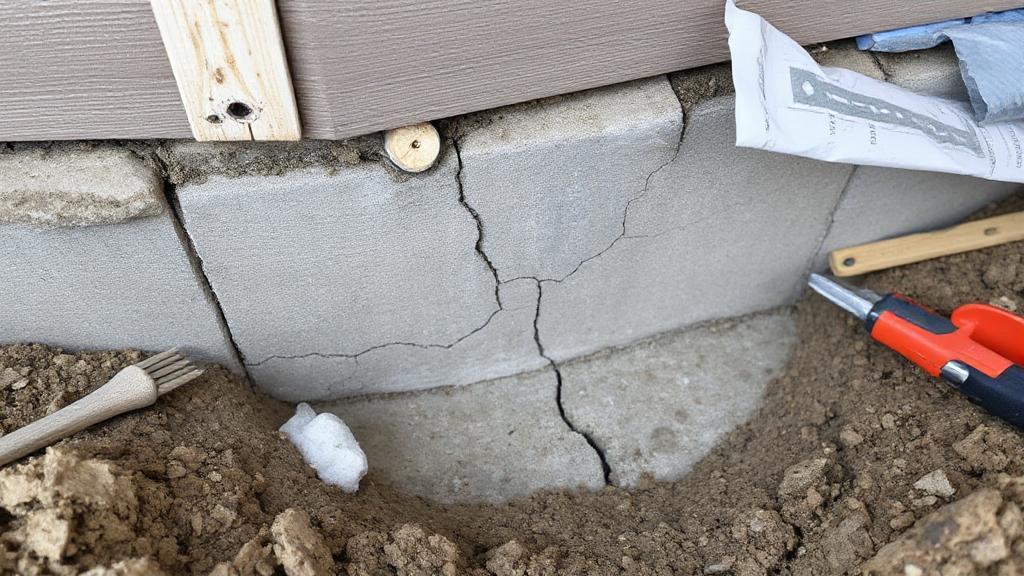Introduction
Purchasing a home is a significant investment, and one of the most critical aspects to consider is the foundation. A house's foundation is its backbone, providing necessary support and stability to the entire structure. Foundation issues can arise due to various factors such as soil settlement, water damage, or poor construction. While a house with foundation issues can be a risky buy, it can also present opportunities for savvy buyers.
The Advantages
Lower Purchase Price
Properties with foundation problems typically sell for 10-25% below market value. Sellers are often willing to negotiate and reduce the price to account for the cost of repairs. This can be a great opportunity to buy a home in a desirable area that might otherwise be out of your budget.
Negotiating Power
Foundation issues give buyers substantial leverage during price negotiations. You can request that the seller either fix the foundation before closing or provide a credit to cover the repair costs.
Opportunity for Customization and Comprehensive Repairs
When addressing foundation problems, you can:
- Choose your preferred repair method
- Select quality contractors
- Ensure the work meets current building codes
- Document all repairs for future resale
- Update the basement or make structural changes
- Tailor repairs to suit your needs and preferences
The Disadvantages
High Repair Costs
Foundation repairs can be expensive, with costs ranging from $2,000 to $40,000 or more. According to HomeAdvisor, the average foundation repair cost is around $4,500.
Hidden Problems
Foundation issues often lead to other problems:
- Plumbing complications
- Electrical system damage
- Door and window misalignment
- Wall and ceiling cracks
- Roof structural issues
Financing Challenges
Many lenders are hesitant to finance homes with foundation problems. You might need to:
- Secure specialized renovation loans
- Make larger down payments
- Pay higher interest rates
- Meet additional inspection requirements
Insurance Considerations
Getting homeowner's insurance may be more difficult and expensive. Some insurance companies might:
Require proof of professional repairs Exclude coverage for foundation-related issues Charge higher premiums
Making an Informed Decision
Professional Inspection
Always hire a qualified structural engineer or foundation specialist to assess the damage. They can provide:
- Detailed evaluation of the problem
- Repair recommendations
- Cost estimates
- Documentation for insurance and lending purposes
Research Local Conditions
Before proceeding, investigate:
- Soil conditions in the area
- Historical foundation problems in the neighborhood
- Local contractor reputation and availability
- Building permit requirements
Risk Mitigation Strategies
Work with an experienced real estate attorney to:
- Review repair estimates
- Draft contingency clauses
- Ensure proper disclosures
- Protect your interests during closing
For more information on foundation repairs and home buying tips, consider visiting resources like the National Association of Home Builders, This Old House, or the Foundation Repair Network.
Remember that while buying a house with foundation issues presents significant challenges, it can also be an opportunity to create equity and secure a property below market value. Success depends on thorough due diligence, professional guidance, and careful financial planning.
